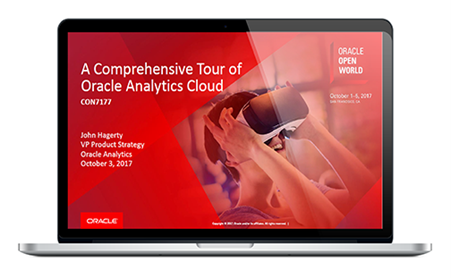
As businesses face the growing intensity of sophisticated cyber threats, they must consider ways to effectively counter such situations. The Chief Information Security Officer, or CISO, has a vital role in any security strategy, standing out as an indispensable leader who ensures that all high-level safety measures are effectively implemented.
Wete and Company discusses below the role of a CISO in higher-level security situations, as well as how their responsibilities impact both the organization and other security personnel.
What are the Roles and Responsibilities of a CISO
The CISO stands as the leader of an organization’s security strategy, forging policies and processes that serve to curb cyber threats before they can begin. They collaborate with all stakeholders in order to educate them on how they can help contribute towards an environment that is free from danger. The CISO is responsible for maintaining these protocols and ensuring that each individual understands their role in protection.
Developing a culture of trust and collaboration between the CISO, IT professionals, security personnel, and stakeholders is paramount in every aspect of high-level cybersecurity. The CISO should also build strong partnerships with external companies that may have access to confidential data or systems.
It is essential that the Chief Information Security Officer remains informed on emerging cyber risks and can rapidly react when they are identified. This entails making sure that there is an up-to-date emergency incident plan in place, as well as continually assessing and evaluating protection protocols.

How Does High Level Security Impact the CISO
The Chief Information Security Officer (CISO) must be able to think strategically and remain agile when it comes to cybersecurity. The higher the level of security, the more complex and sophisticated the threat environment may be. Thus, a CISO must always stay alert and prepare for potential threats.
Simultaneously, organizations must maintain a close eye on the most up-to-date cybersecurity trends and techniques. This includes remaining abreast of regulatory changes, industry protocols, and any potential threats that may arise.
The CISO must also be able to communicate effectively with all stakeholders, while being comfortable with making difficult decisions. As the last line of defense against cyber threats, it is the CISO’s responsibility to ensure that the organization is as secure as possible.
Can CISOs be Effective at a High-Level Security
CISOs are absolutely invaluable in situations requiring heightened security. To do their jobs effectively and efficiently, they must think strategically and move swiftly when it comes to cyber defense. As the level of security increases, so does the complexity of threats that may arise; this is why a CISO must remain alert for any signs or warnings of potential threats.
Final Thoughts
As the lynchpin of any cybersecurity strategy, CISOs are vital to maintaining data safety and keeping their organization on top of the ever-evolving panorama of cyber threats. By understanding what roles and responsibilities a CISO plays within high-security endeavors, organizations can take proactive steps to guarantee their information is secure.






